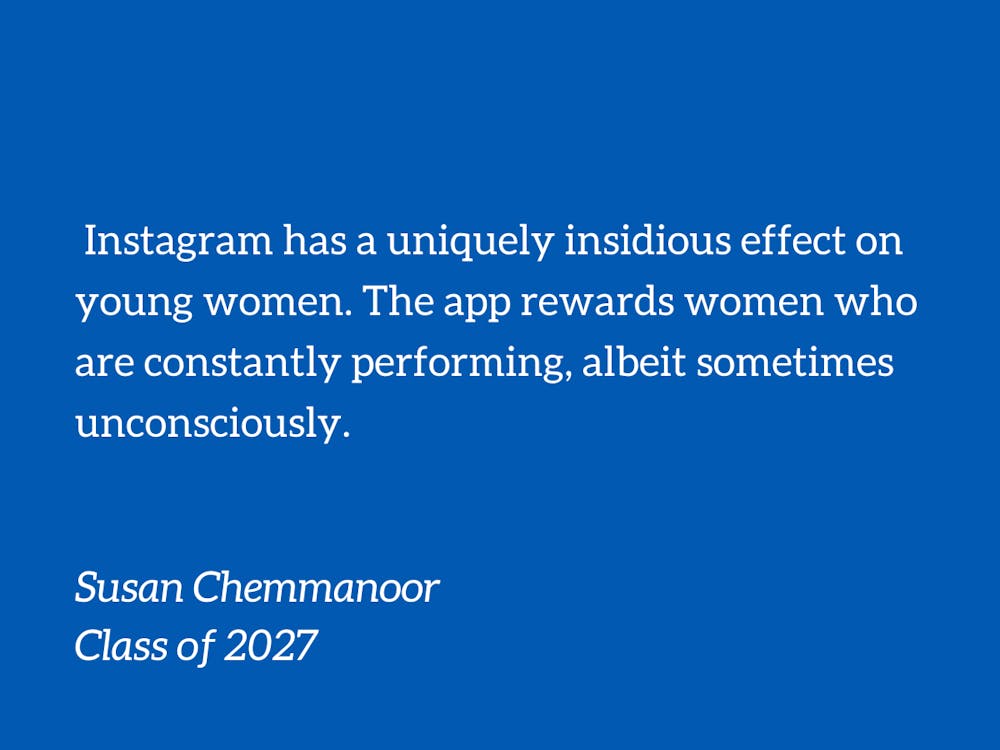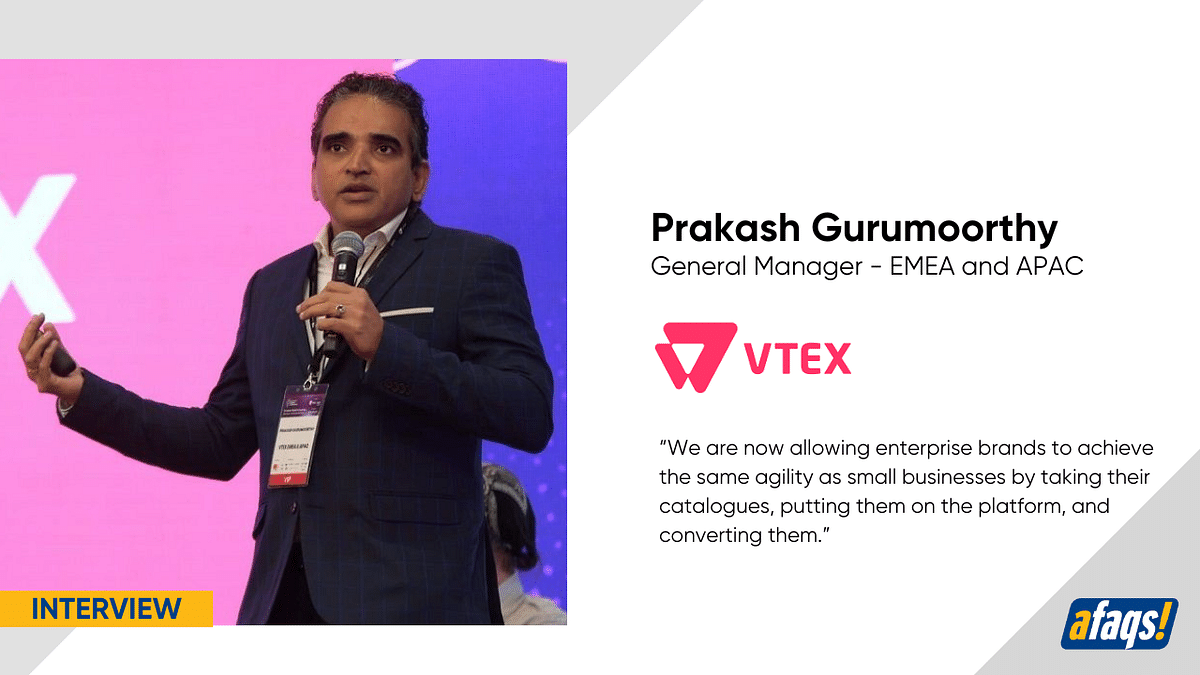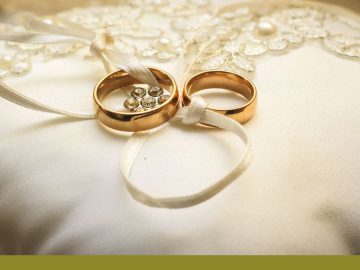Social media has been quietly rotting my brain for the past seven years. At first, it was fun. Instagram was non-malicious and non-insidious. It was just a fun way to update my friends on my most recent haircut, a great breakfast sandwich or a particularly cute picture of my dog. But more recently, it has infiltrated the way I think about myself and the way I live my life. Instagram has forcibly turned me into a voyeur of my own reality. So, I deleted it.
Before I come off as a self-righteous off-the-grid-holier-than-thou character, know that I occasionally redownload and doom scroll for hours, for I am only human. But, taking intentional breaks has made me conscious of how the app literally rewires my brain. And I know you’re tired of this spiel. You’ve probably heard the anti-social media tirade from your parents for far too many Thanksgivings. But, I ask you to read this piece with an open mind. I challenge you to really consider if that magenta square on your phone makes your life better or worse.
We’ve been tricked into thinking it’s normal to take in mammoth amounts of information about people you don’t care about. I’m not trying to be brash, but think about it. How many of the 1000-something people you follow do you really know? How many of them could recognize you in real life? How many could you sustain a conversation with, without praying someone rescues you from the horrors of small talk? But, most importantly, why do you care so much about these strangers’ lives? Answer earnestly. Do you really need to know if Riley from 3rd grade has a boyfriend now? Or that that one girl on your high school’s soccer team broke up with hers?
And listen, I love a good piece of gossip as much as the next person, but as I found myself so stupidly invested in strangers’ lives, I lost sight of my own.
Instagram encourages you to place serious value on meaningless metrics. You start judging the photos you post by noting how many people commented, clicked a red heart or sent the post to their friends. When a post does particularly “bad”, you begin to wonder what you’ve done wrong. Was your hair right in the cover picture? Why did Kelly not repost? Do you look ugly in the third slide? Why didn’t he comment? You begin to do an unpaid PR analysis for yourself every time you decide to show the world your new outfit. You begin to perform for an audience who you’ve convinced yourself truly cares.
For me, the eyes felt like they never stopped watching. Even in the comfort of my own room, it felt like I had to perform. That I had to look pretty and desirable even when I was just doing homework at my desk. It was a larger symptom of internalized male gaze, or the need to look beautiful when nobody’s around. In this way, Instagram has a uniquely insidious effect on young women. The app rewards women who are constantly performing, albeit sometimes unconsciously. It rewards women who stress about whether they should re-wear an already posted dress in a new post. It rewards women who obsessively doom scroll down a new friend’s page only to find out she’s so much cooler than herself. It rewards women who torment themselves over how boring their lives look online compared to their friends.
There’s also the old argument of “Well I’m just documenting my life.” I used to say that too. But, on the 50th try to get the perfect picture on a family vacation, something snapped. This wasn’t the honest “documentary” of my life I was convincing myself I had nobly been creating. It was a meticulously curated feed of pretty people in perfect places. It was exhausting.
So, what’s changed since I deleted the app? To put it simply, a newfound freedom has emerged. Though my beloved digital camera comes with me when I go out with friends, the photos are for us. There is no added pressure to look perfect for the vast sea of people that is the internet. Sometimes, photos aren’t even taken. But life goes on. You don’t need photo evidence to prove you had fun. You know that age-old question: “Did you even go on vacation, if you didn’t post?” The answer is yes.
Of course, old habits die hard. Occasionally my old insecurities will flare again, often sparked by a fresh LinkedIn doomscroll. But, with my new recognition of my free will, I can save myself from a night of spiraling about my peer’s accomplishments. It feels melodramatic to characterize this new freedom from a phone app as some long-struggled triumph. But it really does feel like I’ve regained a part of myself that was snatched away from me.
If you’ve truly never experienced any of my grievances with Instagram, then congratulations, you’re a stronger person than I am. But, maybe for some of you, this resonated. I urge you to try taking a break. Maybe just for a week. Go outside. Talk to your real friends. Call your parents (yes I’m looking at you, person who hasn’t called their mom in a month). Live your life in the real world, before it’s too late.
Susan Chemmanoor is a Trinity sophomore.
Get The Chronicle straight to your inbox
Signup for our weekly newsletter. Cancel at any time.
Susan Chemmanoor
Susan is a freshman in Trinity. Her columns run on alternate Fridays.




